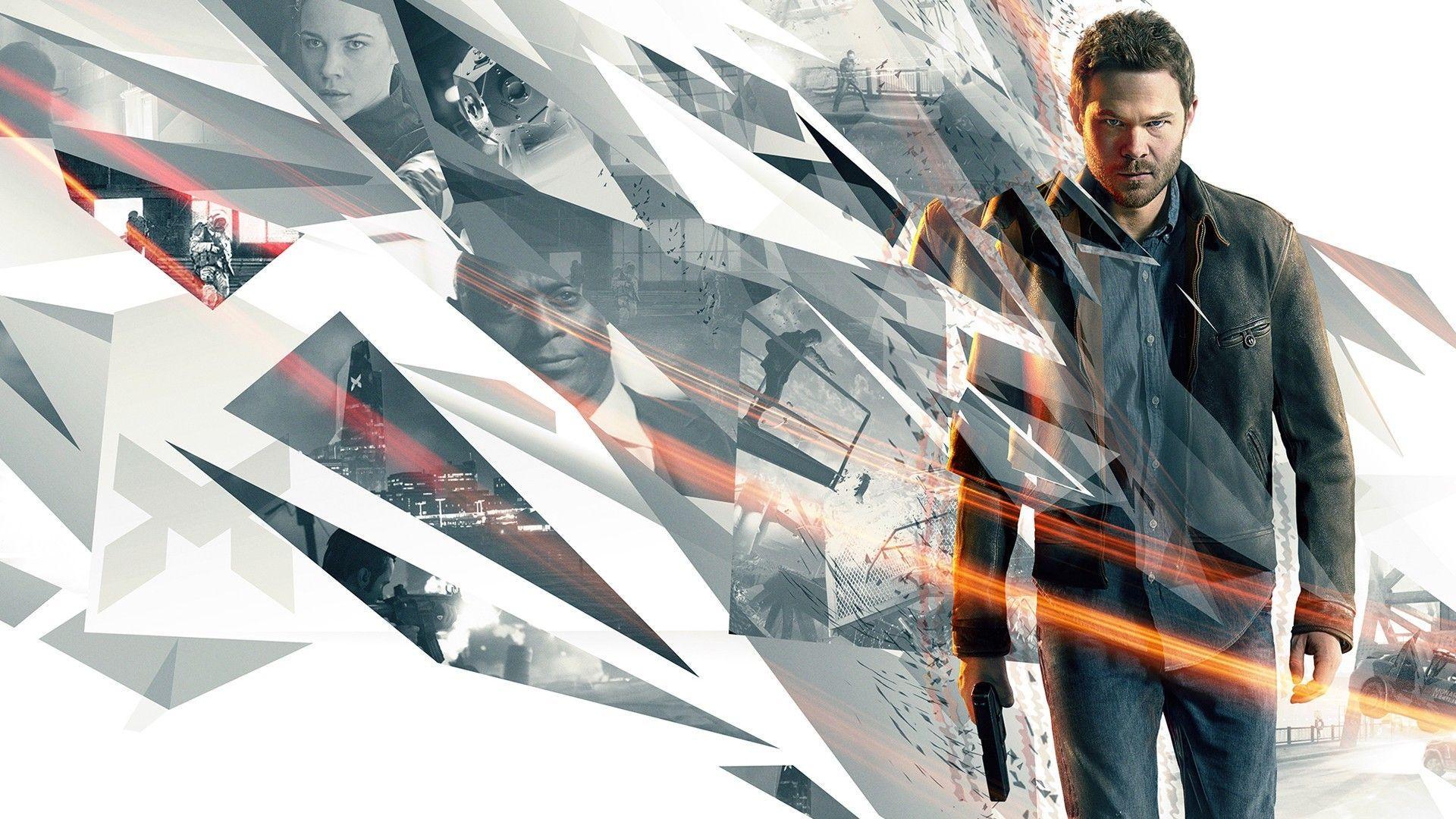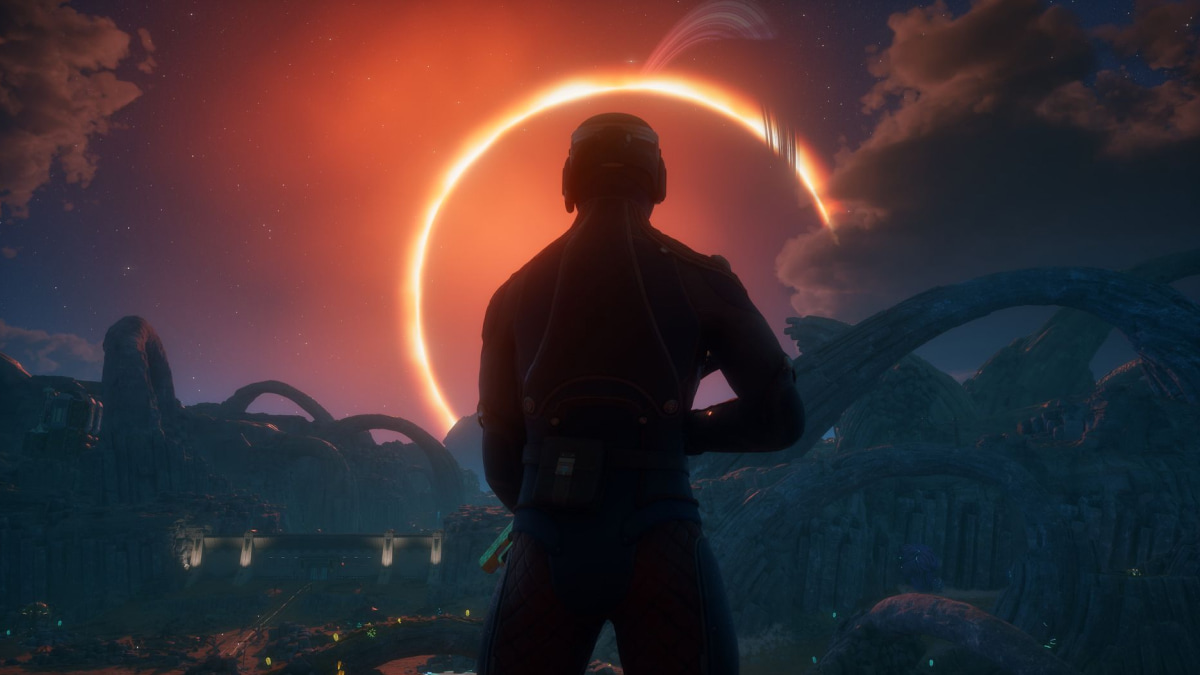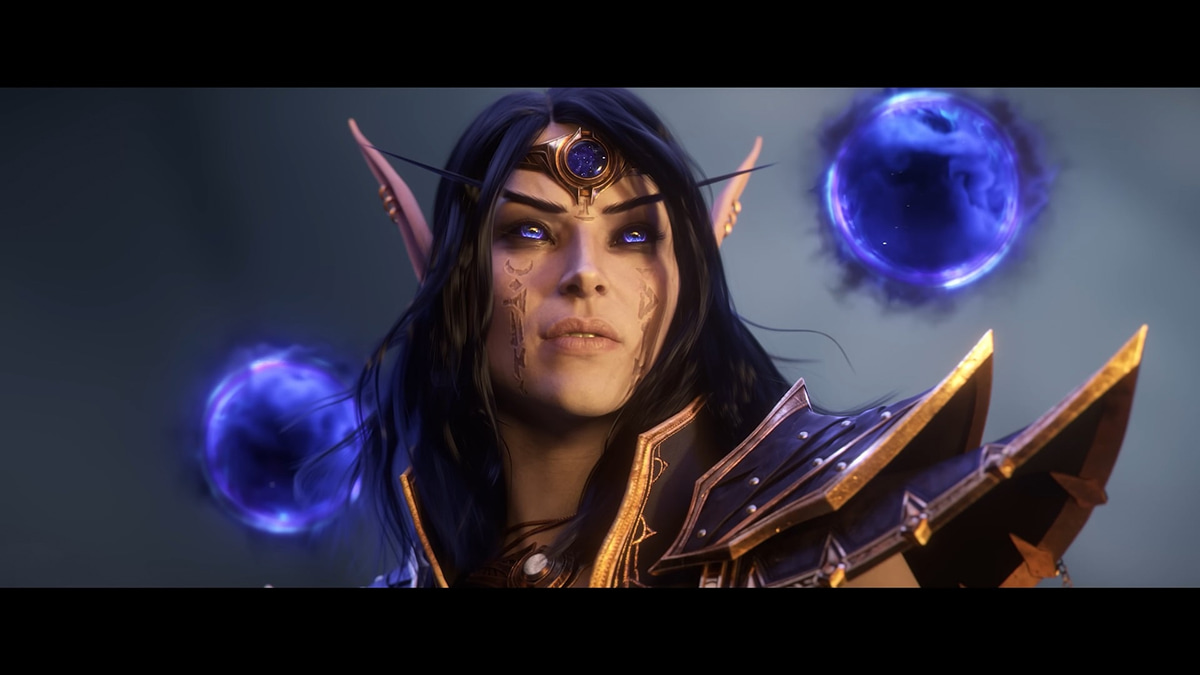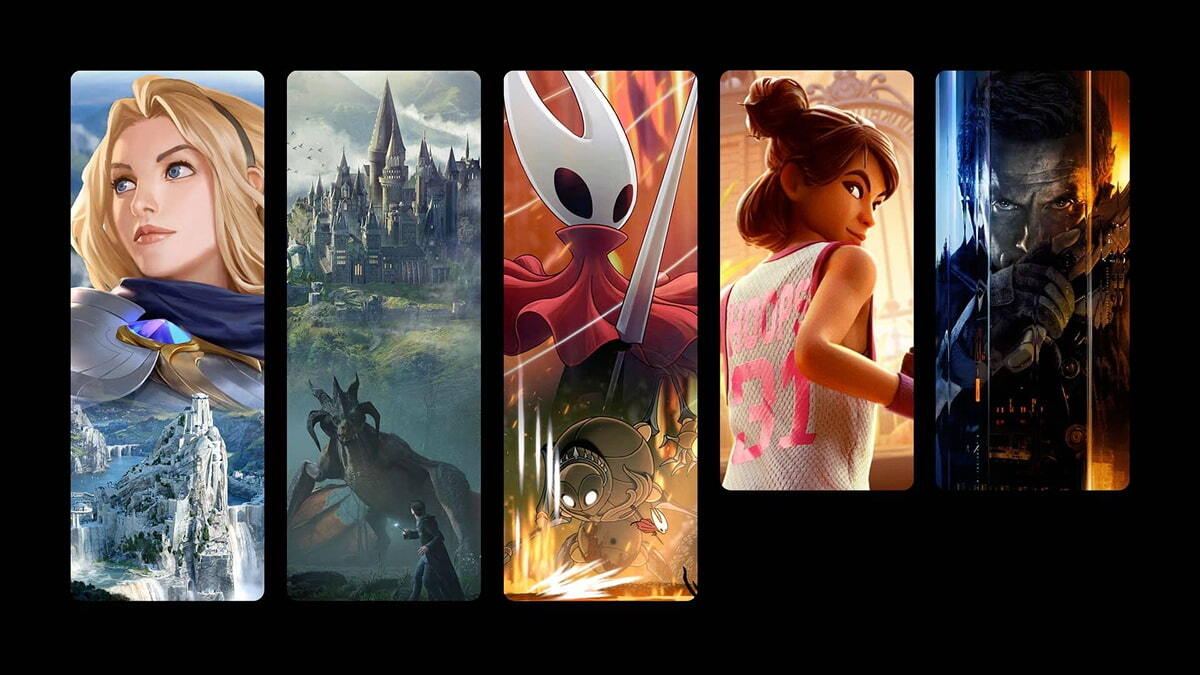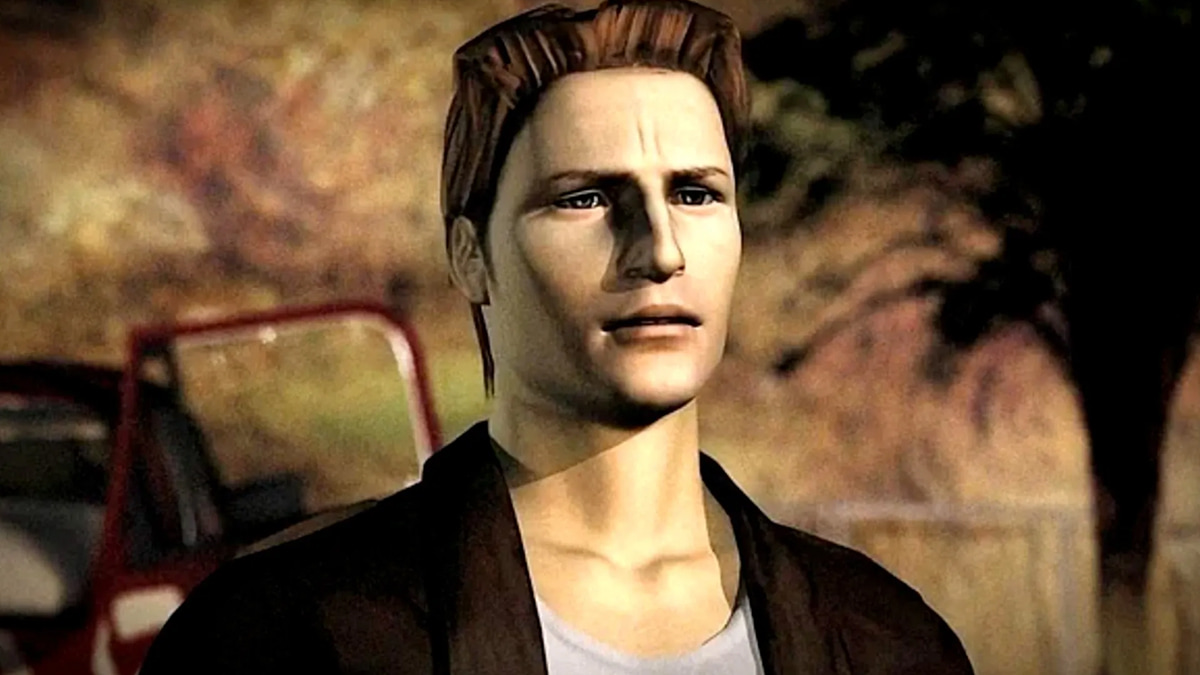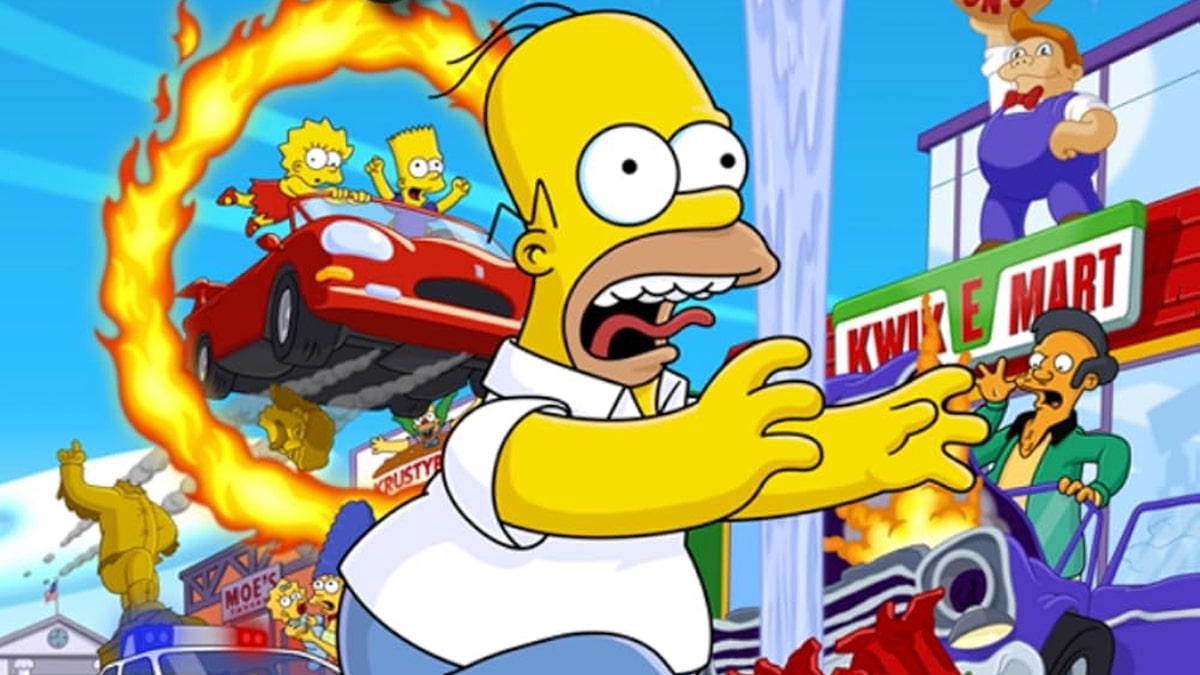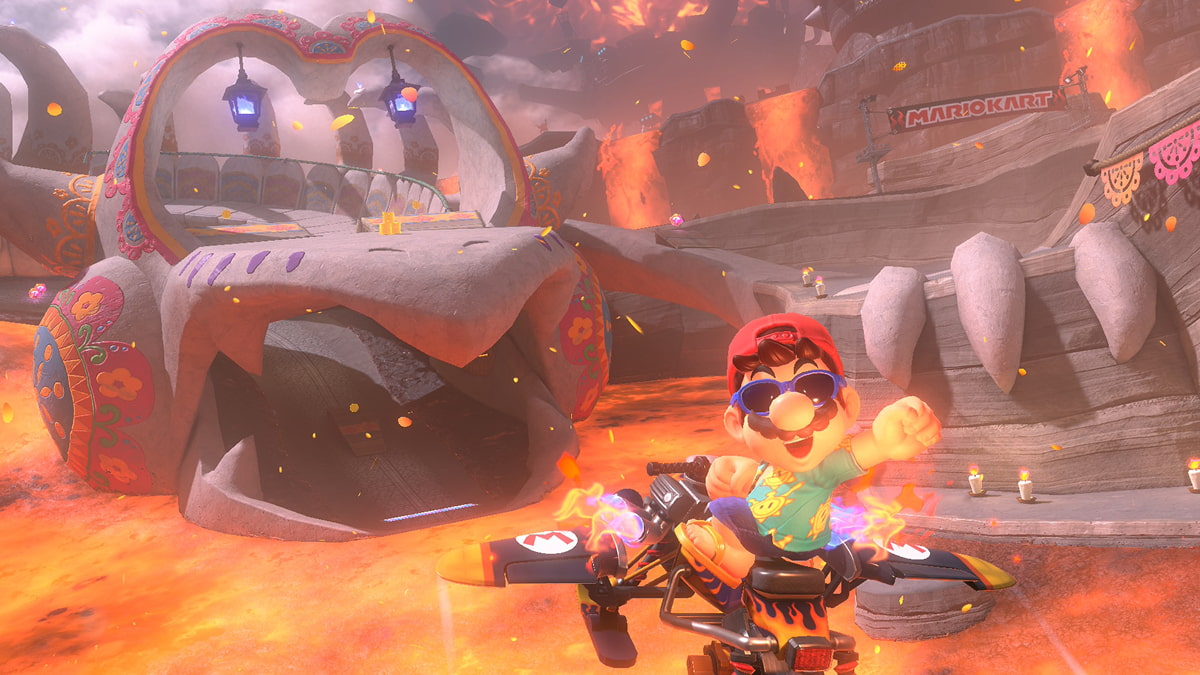You can trust VideoGamer. Our team of gaming experts spend hours testing and reviewing the latest games, to ensure you're reading the most comprehensive guide possible. Rest assured, all imagery and advice is unique and original. Check out how we test and review games here
One of Microsoft’s big hopes for Xbox One in 2016 (aside from ‘being able to get away with not reporting any sales figures’, the executive equivalent of not telling your mum and dad when parents’ evening is), I’m still yet to really ‘get’ Quantum Break. Not that there’s really that much to get, when you break it down: it’s an action-shooter with time-manipulation elements which, visually at least, looks really f***ing good. In short: it is a Remedy game.
Only, it doesn’t really seem to be. We’re talking about a company which became famous for making a game called Max Payne. Following that, it spent years and millions and millions of dollars creating a new series with the name Alan in the title. Alan. In Alan Wake – which is about a writer who can’t sleep nor wear fewer than four jackets at a time – you use a flashlight as a weapon and fight ghostly combine harvesters. Just read this passage from the Wikipedia entry:
“Alan, Barry, and Sarah follow the clues to a hermit.”
Alan. Barry. Honestly. Side note: I once saw a woman cashier in Sainsbury’s wearing a name tag which said Alan (she was not called Alan), thanks to ridiculous rules on being ‘approachable’ to customers, and even that wasn’t as strange as what goes down in Alan Wake.
Anyway, both Max and Alan were patently ridiculous riffs on their respective genre influences – crime thrillers and Hong Kong Gun Fu; horror fiction and episodic, surrealist TV drama – which very clearly took the piss out of them while also lovingly replicating their tropes and iconography. Max Payne speaks in cliche, sometimes doing so literally from the pages of a comic book. He wears a hawaiian shirt and, for the first game at least, gurns like an unsure GCSE maths student attempting to explain what trigonometry is or, perhaps, was? Alan Wake feels like drunk Stephen King wrote Twin Peaks. Alan Wake’s prose style feels like David Bowie’s experimental work. Alan Wake is called ALAN F***ING WAKE.
Quantum Break, on the other hand, doesn’t seem to have any of these elements. It looks…boring. The main character is the most Jacamo dude I’ve ever seen. Seriously, if you ‘shopped the gun out of the key art you’d be looking at an advert for inexpensive big ‘n’ tall hoodies. In everything I’ve seen of it so far John Everyman (other characters are available) and his turnups turn up somewhere, shoot some dudes, indulge in some intriguing time-distorting gunishment, and then solve some puzzles. It all looks fine – technically, at least, it looks tremendous. But it doesn’t really seem to have that Remedy touch.
I could be wrong, and I hope I am. I love Remedy’s games, particularly Alan Wake, which was pilloried by some who didn’t seem to get that a game about an insomniac writer called Mr A. Wake wasn’t quite being played straight. But Quantum Break seems as straight down the line as you can get: Dude Shootman Shoots Dudes, Man, and then speaks gruffly to someone over the radio. As mentioned, the visuals are impressive, but the design much less so – particularly the Monarch troops (and their affiliated branding), which is about as ‘Midway’ as you can possibly get without being incredibly financially irresponsible.
Perhaps the TV show element will provide the necessary amount of ‘Remedy’, but that concept – a live-action, episodic series which plays at the end of each episode and affects and is affected by your actions in the game – all seems a bit Defiance. A bit SyFy. A bit rubbish.
I’m at least confident that Remedy will make the combat fun and exciting, because that’s what it does. It’ll certainly be a good title to show off your Xbox One with. But usually it wraps all of its great technical accomplishments in something else: a winking, smirking, loving interpretation of another form. Quantum Break’s TV angle could make it work, but it all just looks so uninspired. Again, I hope I’m wrong. And it must be said that Remedy doesn’t have to repeat what it has done in the past. The problem is that it’s so very good at it. I’m also worried that, after years of asking for a sequel to Psi-Ops, we’re about to get a remake instead: a great central mechanic surrounded by utterly generic enemies, environments, and character design.

/https://oimg.videogamer.com/images/4bf7/quantum_break_20.jpg)
